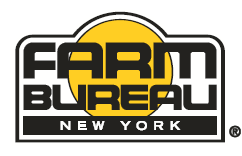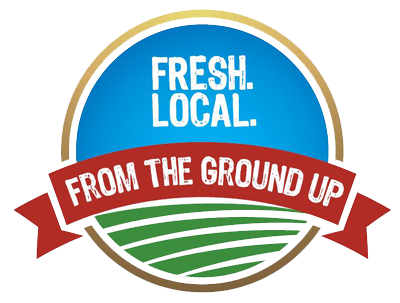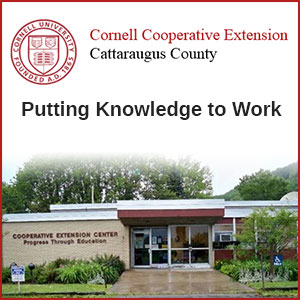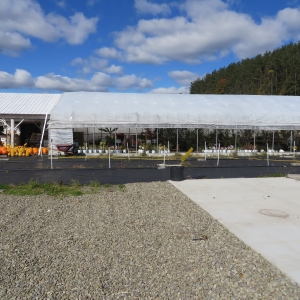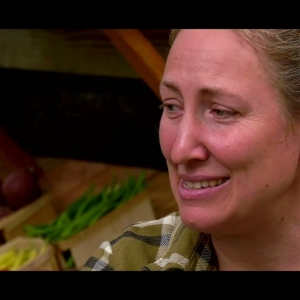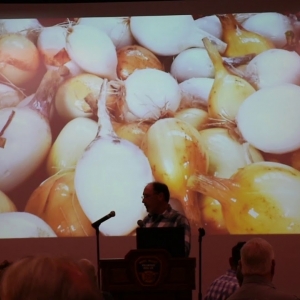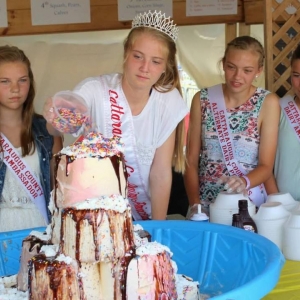Other Ag News:
(Washington, D.C., July 14, 2025) — While scooping ice cream on the steps of the U.S. Department of Agriculture Headquarters, U.S. Secretary of Agriculture Brooke L. Rollins congratulated the International Dairy Foods Association (IDFA) announcement on the dairy industry’s commitment to eliminate artificial food dyes from their ice creams. This is a voluntary, proactive pledge to eliminate the use of Red 3, Red 40, Green 3, Blue 1, Blue 2, Yellow 5, and Yellow 6 from ice cream and other frozen dairy desserts by 2028.
(Washington, D.C., July 14, 2025) – Saturday, the National Multi-Agency Coordination Group (NMAC), composed of wildland fire representatives from each wildland fire agency based at the National Interagency Fire Center (NIFC) in Boise, Idaho, raised the national fire preparedness level one step higher to Preparedness Level 4.
(Washington, D.C., July 10, 2025) — U.S. Secretary of Agriculture Brooke L. Rollins issued a statement following the Trump Administration’s lawsuit against the State of California over the State’s intrusive actions that have caused the price of eggs to skyrocket, harming consumers.
(Washington, D.C., July 10, 2025) — Following U.S. Secretary of Agriculture Brooke L. Rollins’ announcement of the National Farm Security Action Plan, elected leaders and industry stakeholders praised the policy agenda.
Agriculture and Government Leaders Applaud USDA’s Plan to Protect National Security by Defending Farm Security:
(Washington, D.C., July 10, 2025) – The U.S. Department of Agriculture (USDA) today published a final rule removing requirements for the use of discriminatory racial and gender preferences in USDA programs when these requirements are not required by an act of Congress. The Biden Administration weaponized USDA programs to willfully discriminate on the basis of race and gender.
(Washington, D.C., July 10, 2025) – In response to the catastrophic flooding across Central Texas, U.S. Secretary of Agriculture Brooke L. Rollins continues to direct the U.S. Department of Agriculture’s (USDA) activation of comprehensive disaster response and recovery resources. USDA personnel across regional, state, and county offices are working to support impacted residents, agricultural producers, and communities with emergency response efforts, recovery resources and guidance, and long-term recovery assistance.
(Washington, D,C., July 10, 2025) — Today, in conjunction with the U.S. Department of Health and Human Services, Department of Labor, Department of Justice, and Department of Education, the U.S.
(Washington, D.C., July 9, 2025)- Yesterday, Mexico’s National Service of Agro-Alimentary Health, Safety, and Quality (SENASICA) reported a new case of New World Screwworm (NWS) in Ixhuatlan de Madero, Veracruz in Mexico, which is approximately 160 miles northward of the current sterile fly dispersal grid, on the eastern side of the country and 370 miles south of the U.S./Mexico border. This new northward detection comes approximately two months after northern detections were reported in Oaxaca and Veracruz, less than 700 miles away from the U.S.
(Washington, D.C., July 10, 2025) – U.S. Secretary of Agriculture Brooke L. Rollins today announced continued actions to protect American agriculture. This follows yesterday’s announcement of the U.S.
(Washington, D.C., July 9, 2025) – U.S. Secretary of Agriculture Brooke L. Rollins announced today that agricultural producers who suffered eligible crop losses due to natural disasters in 2023 and 2024 can now apply for $16 billion in assistance through the Supplemental Disaster Relief Program (SDRP).
Pages
Signup for the Ag Newsletter
Get the freshest farm news, events and updates from in and around Cattaraugus County, NY at least once a month! Go signup!
Other ways to stay connected:
Get Involved in Farming
Resources for Starting a Farm in Cattaraugus County
Profile of Cattaraugus County soils
Agriculture Career Exploration
Questions about farming? Find out Who to Call

